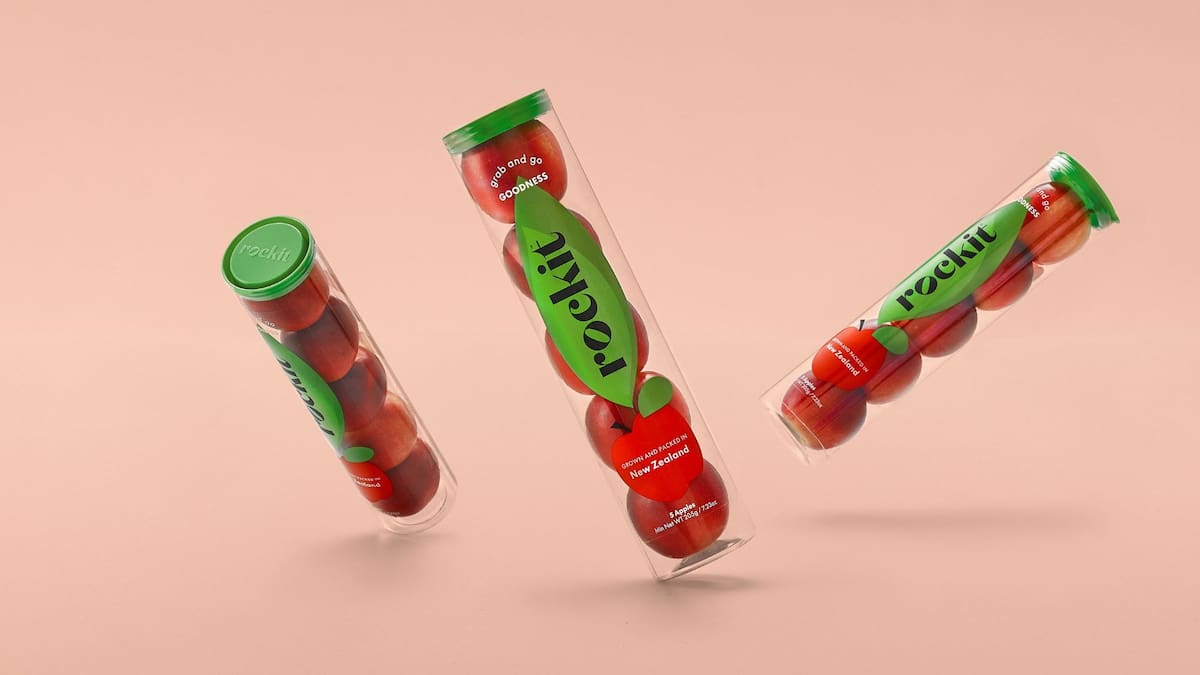“This fact, coupled with high supply chain costs, has meant orchard gate returns have been insufficient to support investment in next year’s crop,” Hawken said.
MyFarm – an agriculturual land syndicator – said Rākete is a lease syndicate with six orchards in Hawke’s Bay.
The firm’s website says Rakete’s assets, worth $17.4m, cover a land area of 62.6 hectares.
In statement, Rockit, which markets its apples in distinctive plastic tubes, acknowledged the challenges faced by Rākete Orchards and its decision to appoint a voluntary administrator.
“We recognise the past few seasons have placed pressure on many Rockit growers, and we remain committed to supporting the grower community as we work to deliver our turnaround strategy,” chief executive Grant McBeath said.
“Rockit has taken proactive steps to improve orchard gate returns (OGR) and restore long-term value for all stakeholders,” he said.
“Rockit’s focus is getting demand ahead of supply and improving OGR by delivering the season, improving our supply chain and simplifying the business.
“We acknowledge that grower outcomes in recent years have not aligned with expectations, and we need to own the components where we can improve; however, a major contributor to this has been factors outside our control including the historical impact of Cyclone Gabrielle, the more recent economic downturn in China, and the low-pressure fruit issues,” he said.
Rockit was asked specifically by Rākete Orchards for support but believed that prioritising the entire “ecosystem” would be more beneficial for all growers.
“Faced with the choice between investing that capital into initiatives that benefit all growers, or prioritising a single grower, Rockit made the difficult decision to focus on the broader grower network,” McBeath said.
“While we regret the situation Rakete finds itself in, our responsibility is to act in the best interests of all Rockit stakeholders,” McBeath said.
In a report published last month, Farmers Weekly said Rockit apples’ problems echo those in the kiwifruit industry decades ago that prompted a near collapse of the sector as volumes surged and grower returns evaporated.
“Rockit is repeating the same mistakes, chasing volume without controlling supply or securing sustainable consumer demand,” Lincoln University agribusiness expert Nic Lees told Farmers Weekly.
Lees challenged how Rockit managed to initially predict a $1.50-plus per tube payment to growers earlier in the year, only to revise it down to nearer 60c, well below break-even.
Listen and subscribe to the Today in Business podcast – the top headlines from the NZ Herald business team summarised and delivered by an artificial intelligence (AI) voice as an easily digestible recap.

